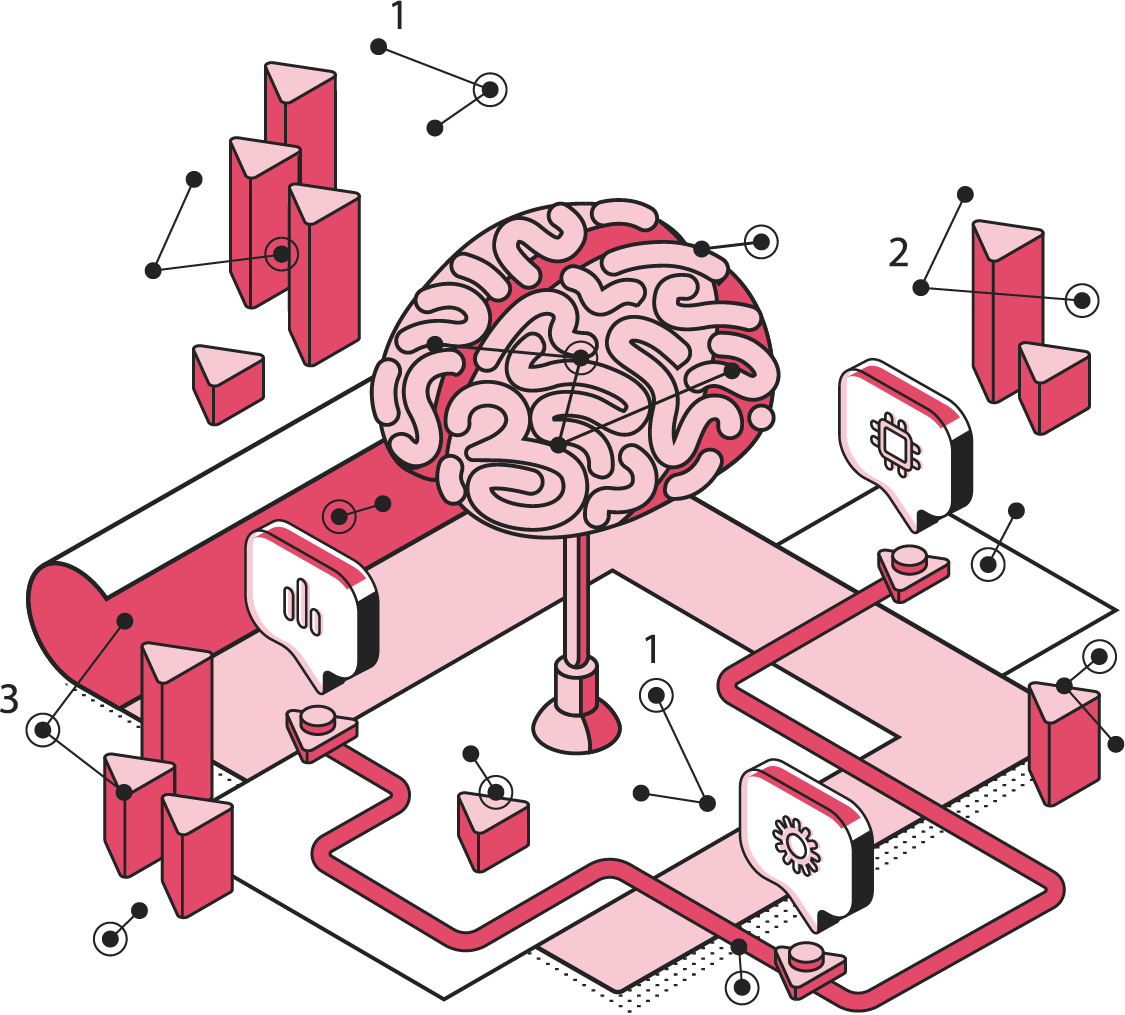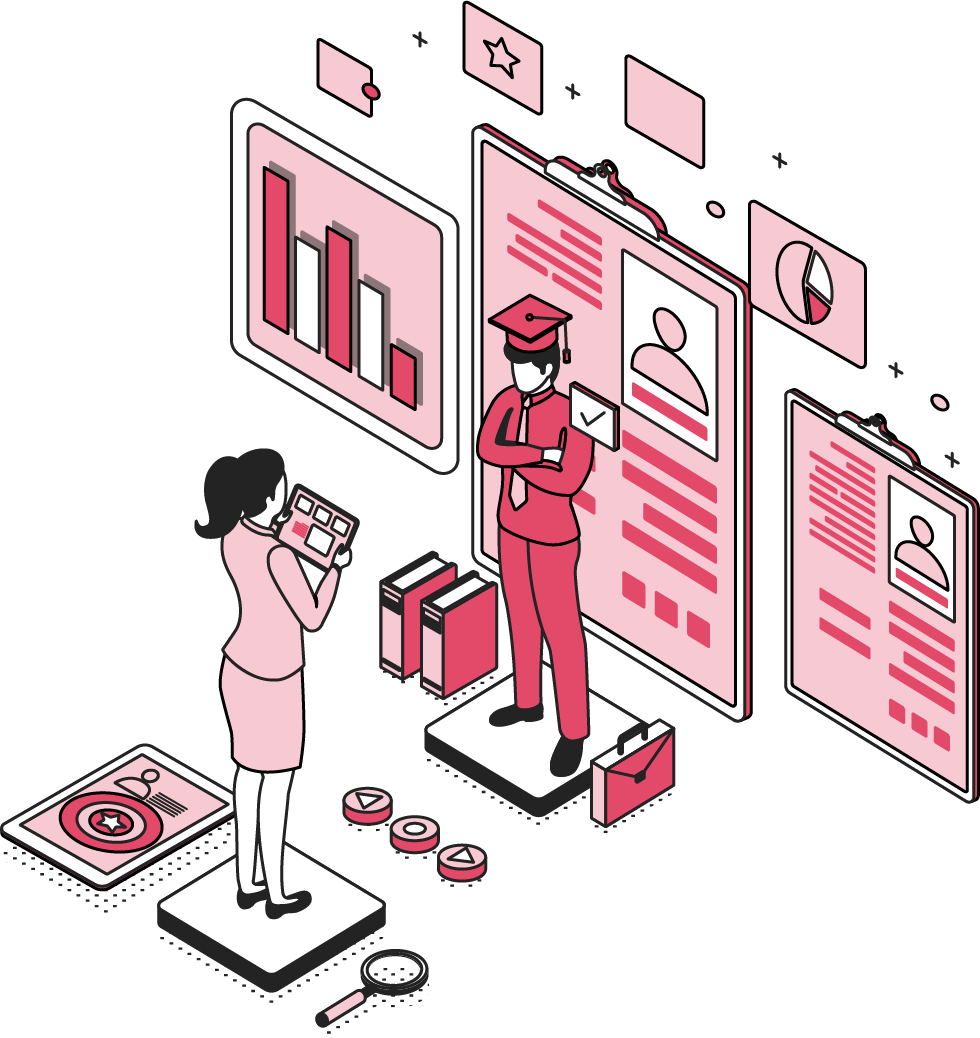Back
GLS Study Hall: Knowledge Acquisition Strategies
6 min • 30 Oct 24

Introduction
This sharing covers how an effective legal team can go about growing and managing its know-how assets: the key themes that we're going to explore are what exactly is know-how, what is its role within the legal department, how do we go about managing know-how within a large organisation?
We're also going to learn about how to formulate an effective know-how management plan, and wrap it up with a quick discussion about some key know-how management issues that you should keep in mind and try to avoid as you're developing the know-how within your own organisation.
Know-how is something that needs to be managed like you would cash flow, human resources, or raw materials. This is taking know-how from the realms of the academic to the practical business operational treatment of know-how.
Knowledge is dynamic in nature, and it can evolve or degrade with time depending on how you manage it within your legal departments.
When know-how is being managed poorly, it's usually because some combination of these factors is occurring:
Common Know-How Function Performance Issues
1. No centralised repository:
Either there's no centralised repository of that know-how.
2. Poor retrievability
Or there is a repository, but it's incredibly difficult to retrieve the know-how you want in a quick and efficient manner.
3. Unauthorised mini-libraries of know-how
You'll often see individual team members within a legal department starting to develop their own unauthorised mini libraries of know-how and knowledge assets.
4. Only based on past deals, not group legal policy
You'll see know-how being captured in transaction documents but not really synthesised into an effective group legal policy that can be used for future deals.
5. No team knowledge capture & improvement → No “contribution” culture
You'll often see that know-how is not even being conscientiously captured or there's no processes within the legal department to capture or improve the know-how. As a result, there's no culture of contributing know-how to the wider team or for the benefit of the wider team.
6. No maintenance (irrelevant, aged, expired)
Maintenance is either avoided entirely or it's done very reluctantly because it's a job that ends up happening over on top of the day job. As a result, the know-how assets of the department often become irrelevant, aged, or expired very quickly
7. No KPIs or know-how value recognition culture → No/limited know-how awareness
Relating to that process or that culture of know-how capture is that there's no KPIs or value recognition for those team members that are contributing know-how to the benefit of the department.
8. Not socialised
If you have know-how, it's not in a form that can be effectively utilised to help lawyers do their jobs. And very often, it's just bits of fragments of knowledge that have been copied and pasted from a variety of sources.
9. House style not applied
And so there's no house style or consistent approach to the know-how, which makes it very slow and inefficient to sort through and to utilise. These are all the bad habits that we're trying to get legal teams to avoid.
You will be astonished by how many resources you actually have when you go through the process of just consolidating them together in a coherent fashion.
You can radically increase the amount of usable know-how within your legal department by taking a simple step that doesn't actually cost anything.
You don't need to buy in any new know-how at this point. You don't need to pay for any experts.
All you need to do is collect together the assets that you already have and make them workable for your team.
After collecting all of these piles of know-how notes together, you then need to consider, what know-how do you actually want? It's not the case that all know-how is good. The key tip here is that we want good know-how in the sense that it is know-how that enables your team to better do their job:
Planning Your Knowledge Management Journey: A Checklist
◼️Who needs it?
-lawyers -legal team: rest of the team, but in time -business: rest of the business, but in time
◼️What have you got already?
-audit: online audit is the simplest way. Knowhow categories: reference to established categories of knowhow. Qualifying factors: clear pre-selection criteria. Related queries: remember to cover: core resources, storage systems, related processes. Premium work: must be “official” and “rewardable” legal dept work
◼️How are you going to get it?
Existing KH: Know-how muster
Create it: post-deal extraction/ regular team brainstorming
Buy it: established sources
Licence it: westlaw/PLC etc: But these sources of know-how come with a big A caveat and a warning. That is that know-how subscriptions are basically like gym memberships. Everyone wants access to all of the gyms in your gym's network. But the reality is that over 90% of the know-how within PLC is not going to be used by your team. You're paying the price for 100% of the know-how, but you're only going to be using a small fraction of that know-how day-to-day.
Law firms: newsletters (legal horizon monitoring)
Professional associations: membgership benefits
Colleague networks: Informal colleagues and connections
Training program: Internal and external training
DIY findings: Google
◼️How will you arrange it?
◼️How will you maintain it?
◼️How will you house it?
◼️Who is going to do it?
Whoever is contributing know-how for the benefit of the legal department needs to be recognised and be truly valued.
Otherwise, this becomes the job to do on top of the job and effectively gets abandoned.
Better yet, everybody is primarily responsible. It is ultimately the lawyers within a legal department that are responsible for ensuring that that legal department has the know-how assets that it requires to do its job.
However, there are also these other sources that impact every in-house legal team that will be able to regularly provide contributions to your know-how resources.
You've got your service providers. If you're large enough, you have a knowledge management team, you may have a legal operations team. If you don't have your own knowledge management and legal operations team, you always have GLS who are contributing to you, and you have strategic law firms.
◼️How to drive the right behaviours?
Knowledge Capture: How Are You Going To Get It?
1) The Deal Harvest: Know-how that you harvest from each transaction and project that the legal department works on
2) The Brain Storm: Stuff that you produce together as a team, for example, in a brainstorming session or by a team member working on it. A presentation and know-how training regime for the team.
1. The Deal Harvest:
◼️ Where did things go wrong during the deal?
◼️ Are there things that we can improve on? For example, do we have templates that could be improved by ideas that were generated during that deal?
◼️ Did that deal generate standardised documentation that we could turn into templates for future deals?
◼️ Are there opportunities to create a checklist based on what we found or what we need to avoid tripping over in the future?
◼️ Are there any guidance notes that we can add to our existing assets to help them be more efficient in the future?
Deal harvesting thing is something that we think is criminally under-utilised within in-house legal departments across the world.
2. The Brain Storm
◼️Address real issues/ areas of legal team need
◼️Data dump of ideas
◼️Seek widest possible inclusion
◼️Easy to do
◼️Fabulous team building exercise
◼️Hugely qualitatively
◼️Focus on checklists
THE OUTCOME: Collective team wisdom available to the entire team and rendered group legal policy compliant.
GLS Shares Best Forms Of Know-How
1. Checklists: collective wisdom & b/c lawyers must think
2. Templates: bake in the knowledge
3. Guidance notes: explanatory guidance
4. Playbooks: enable know-how use with safety rails
5. The brain-storming session: access collective wisdom
The above first five initiatives are what we are calling the gold standard forms of know-how within an in-house legal department: as they are easy to produce, they're almost entirely free of cost, and they deliver powerful outcomes that can be leveraged for the long-term benefit of the department.
6. Internal Training Programs: training with colleagues
7. Process Flows & Decision Trees: doing the right thing better (digitisation pre-cursor)
8. Issue wikis: capture the team’s thoughts in one place
9. SMART schedules: standardise them and make them intuitive
10. Deal memory: that which you use in the deal
Essential Know-How Management Processes
◼️Approval: approve content for inclusion
◼️Indexing: index template for search/ retrieval
If your knowledge library is well indexed, meaning that it can be quick to search for and then retrieve particular information for your deal, for the deal or the issue that you're or the issue that you're managing, then you have a knowledge management system that's truly effective.
◼️Maintenance: ongoing updates to maintain “good know how” profile
◼️Standardisation: content should be standardised & ready for use
◼️Organisation: making sure your know-how organisation doesn’t mutate
Conclusion
To recap, we’ve covered what is know-how, what a good know-how management knowledge cycle is and how to format an effective knowledge management plan.
Secondly, we want you to remember that know-how is a strategic resource, and like a garden, it needs to be continually tended to for effective growth.
Thirdly, you can easily generate and harvest know-how that suits your needs. This is something that should be developed as a regular practice as it will generate massive results for even the smallest legal team over a relatively short period of time.
More Than Just An Extra Set of Hands:
GLS Overflow™ gives you access to not just to GLS’s lawyers, but also to the platform that we’ve built to allow them to operate at peak performance levels at a price point similar to your own internal cost.
You will quickly discover that the manner in which we deliver GLS Overflow™ will represent opportunities to introduce a wide range of efficiencies into your wider legal team ecosystem.
Our performance managed capacity solution is actively managed to ensure that it makes the most productive contribution to the efficient working of your in-house legal team.
So, to ensure that you are able to get through today without breaking, and to free up capacity for more strategic things, including transforming your team, GLS Overflow™ is a ready-to-go resource.
To learn more about GLS Overflow™ you can download our GLS Overflow - Resource Overview or get in touch with us to discuss your requirements.
Ready To Transform Your Legal Team?
Please check out the GLS solutions and know-how resources listed on the right side of this page – they might assist your legal team with the issues explored in this Blog.
© The GLS Group - Law Rewritten

The GLS Legal Operations Centre
Register to access your complimentary Day 1 Resource Stack packed with legal team performance resources.
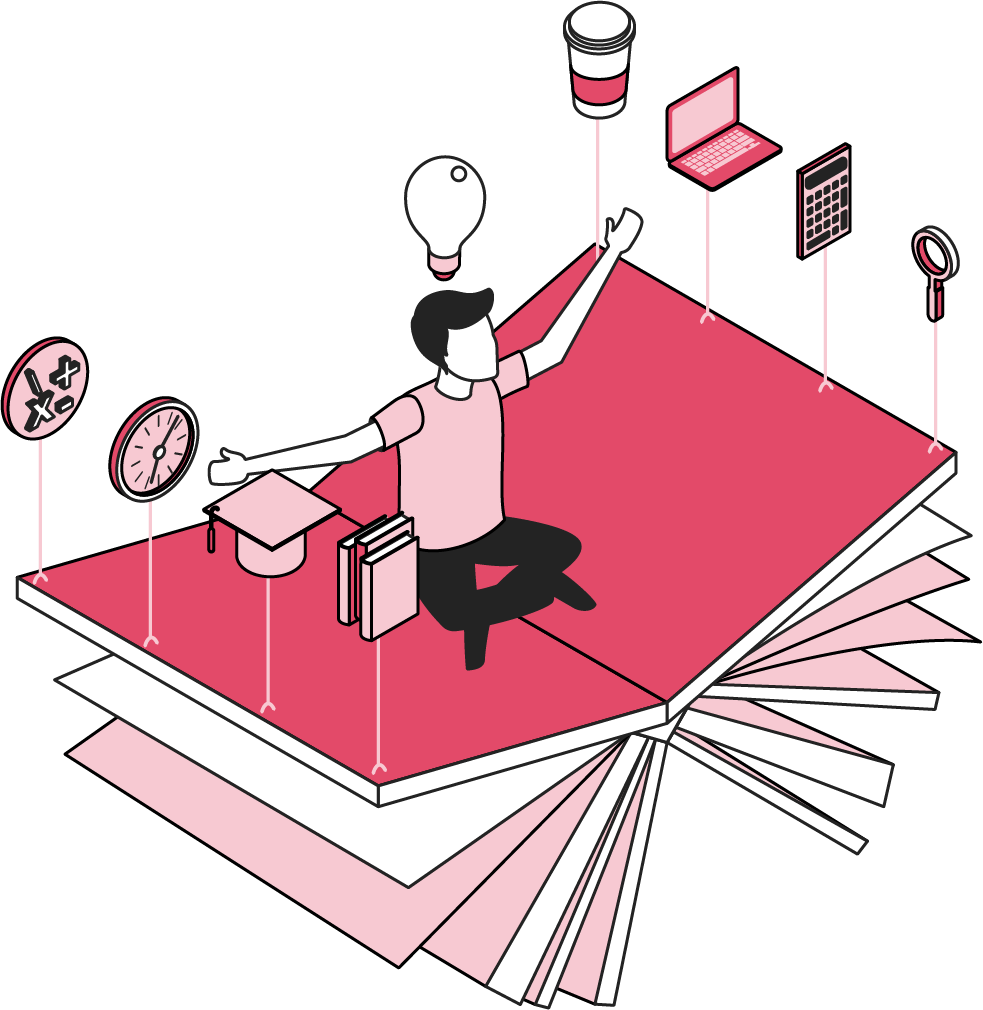
GLS Ultimate Guide To Legal Operations
Download this and read it thoroughly and regularly. It is a wonderful transformation companion.
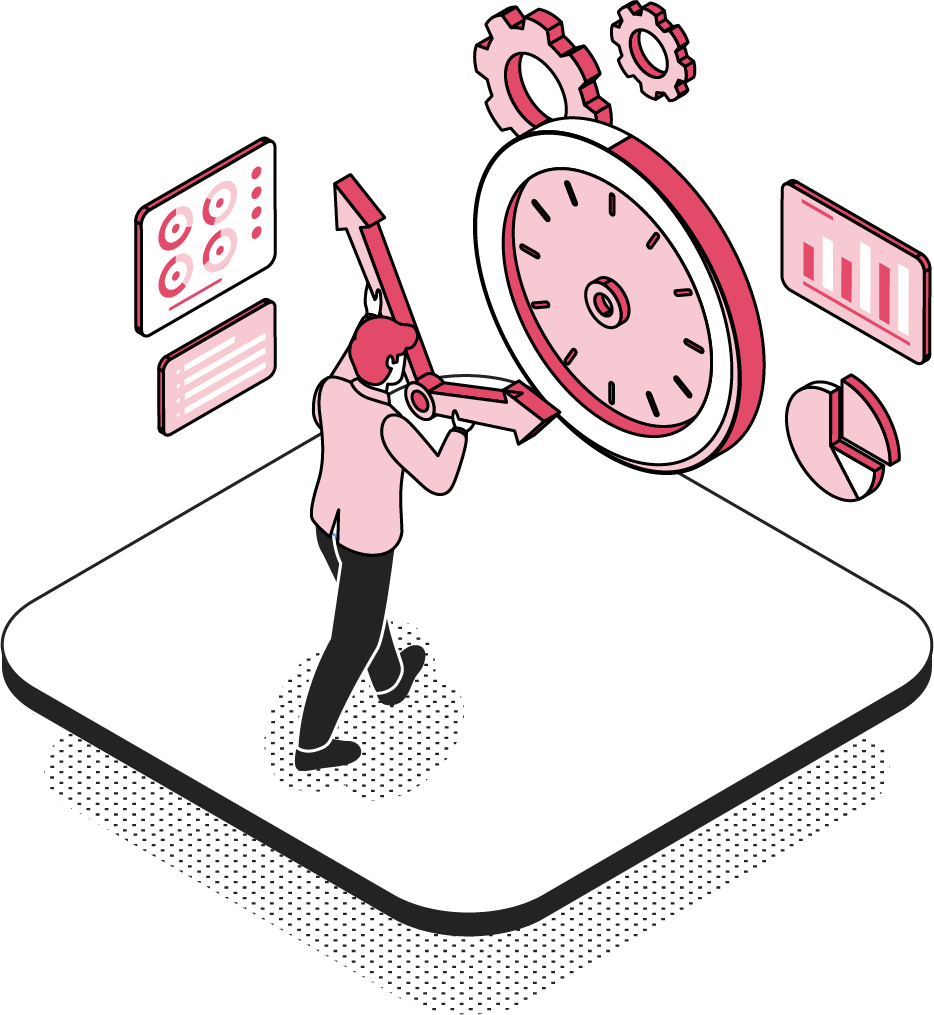
Book A No-Obligation Consultation
If you would like discuss your legal transformation needs, please book a 30 minute free consultation with us.
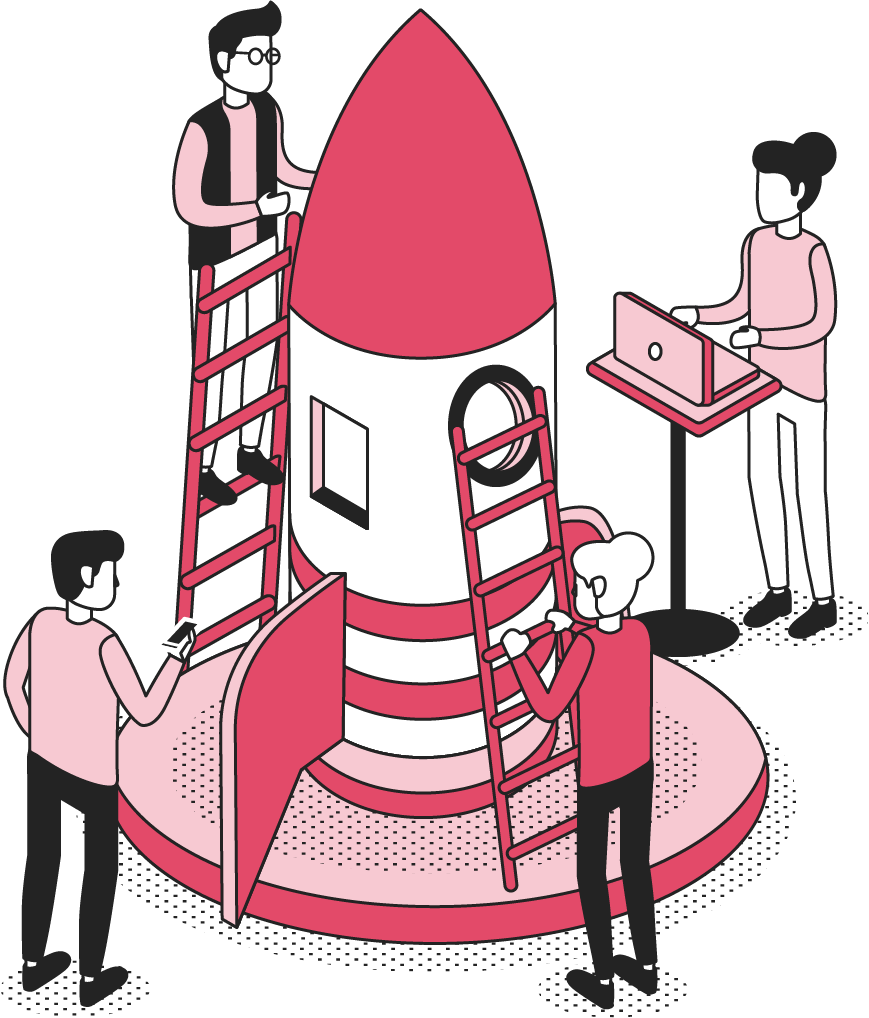
GLS Legal Transformation Boot Camp
Our hugely successful, 10-week long, email-based boot camp on how to effectively transform your legal team.
